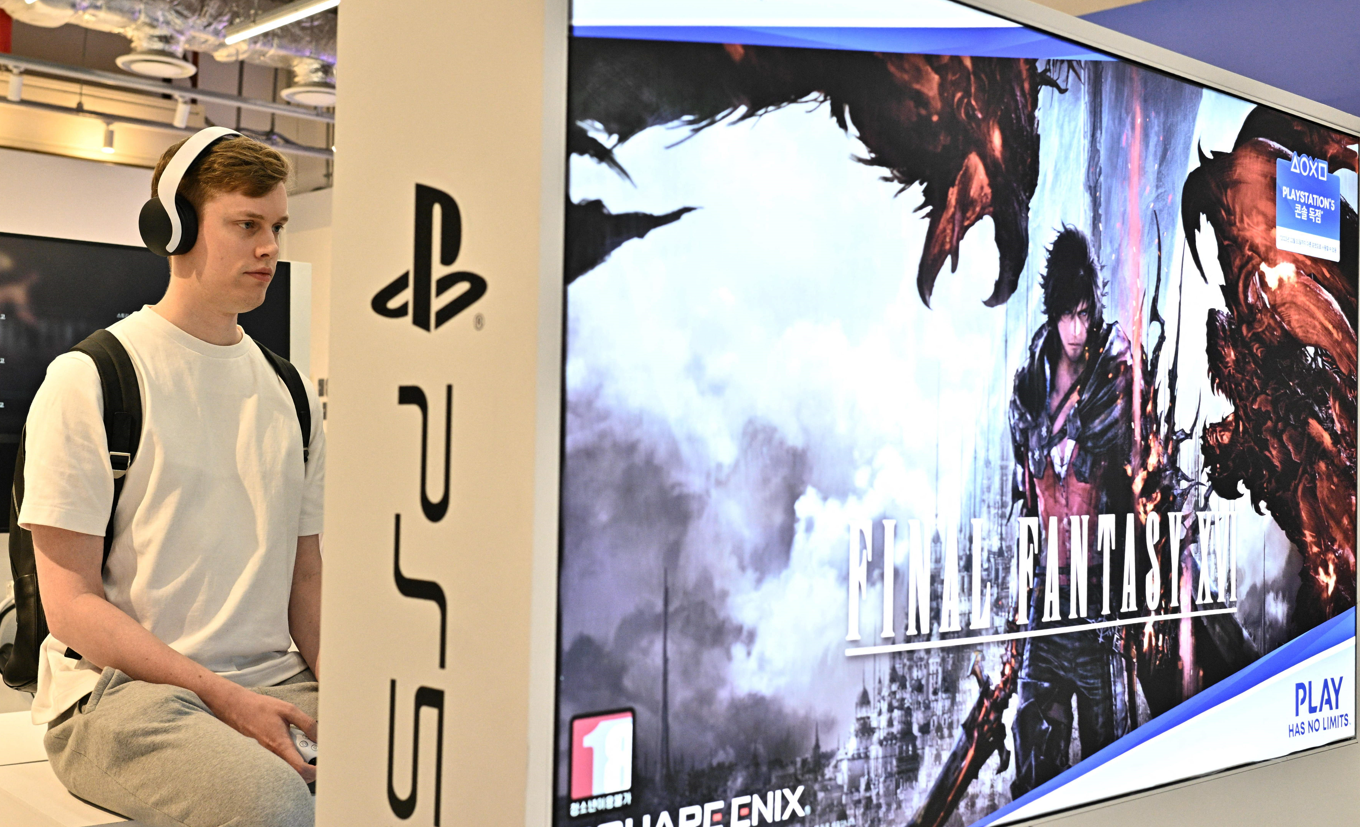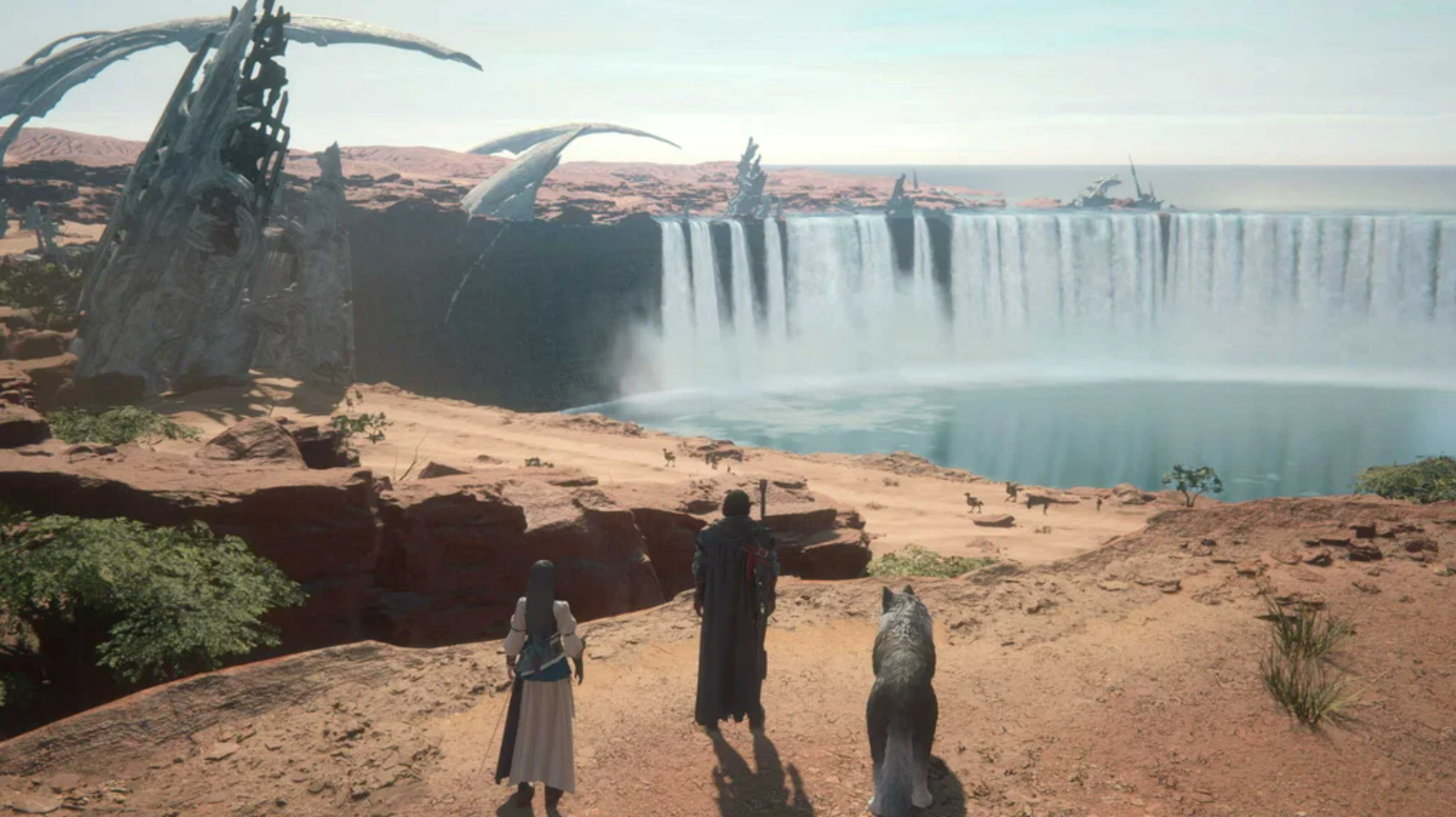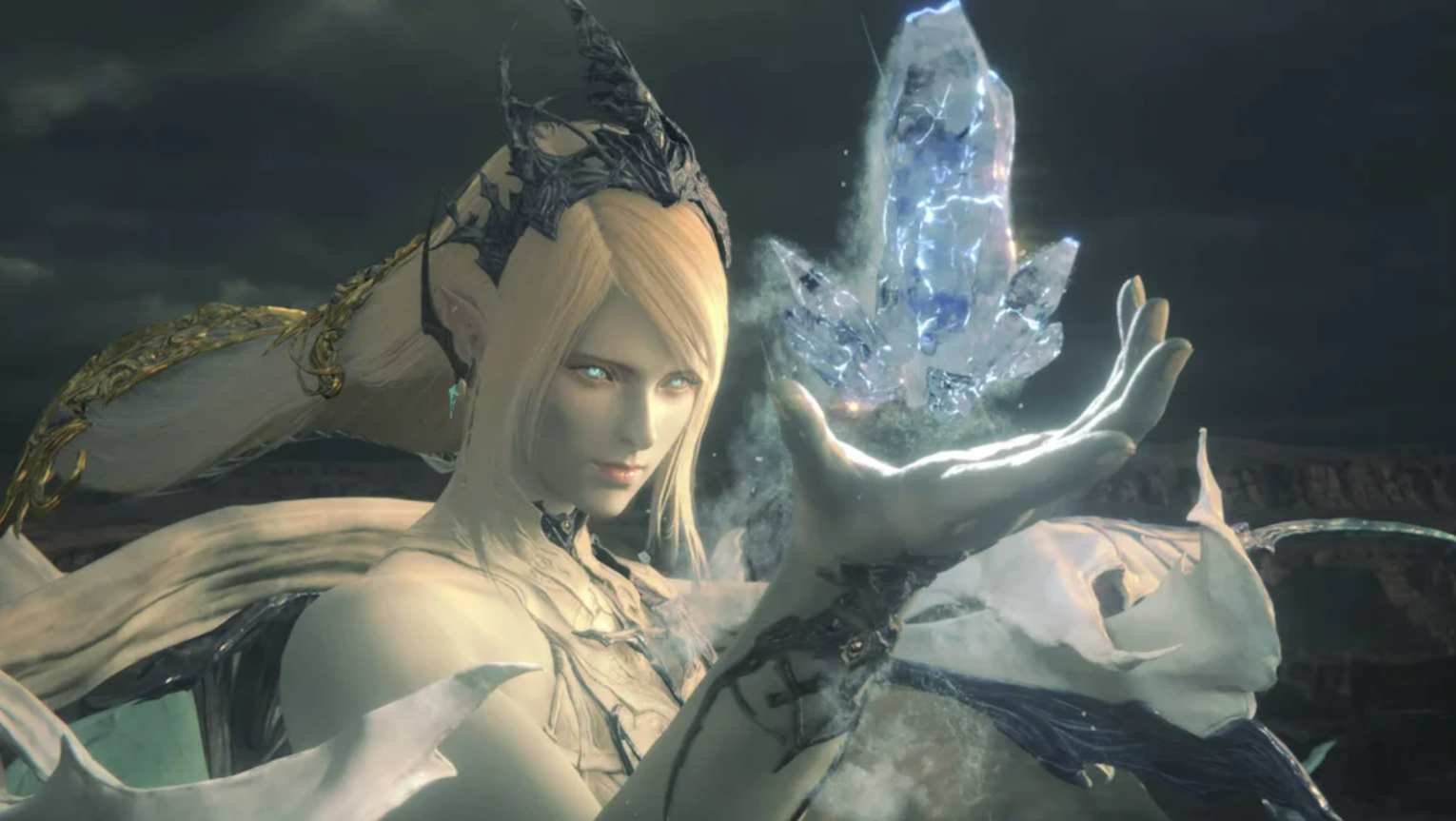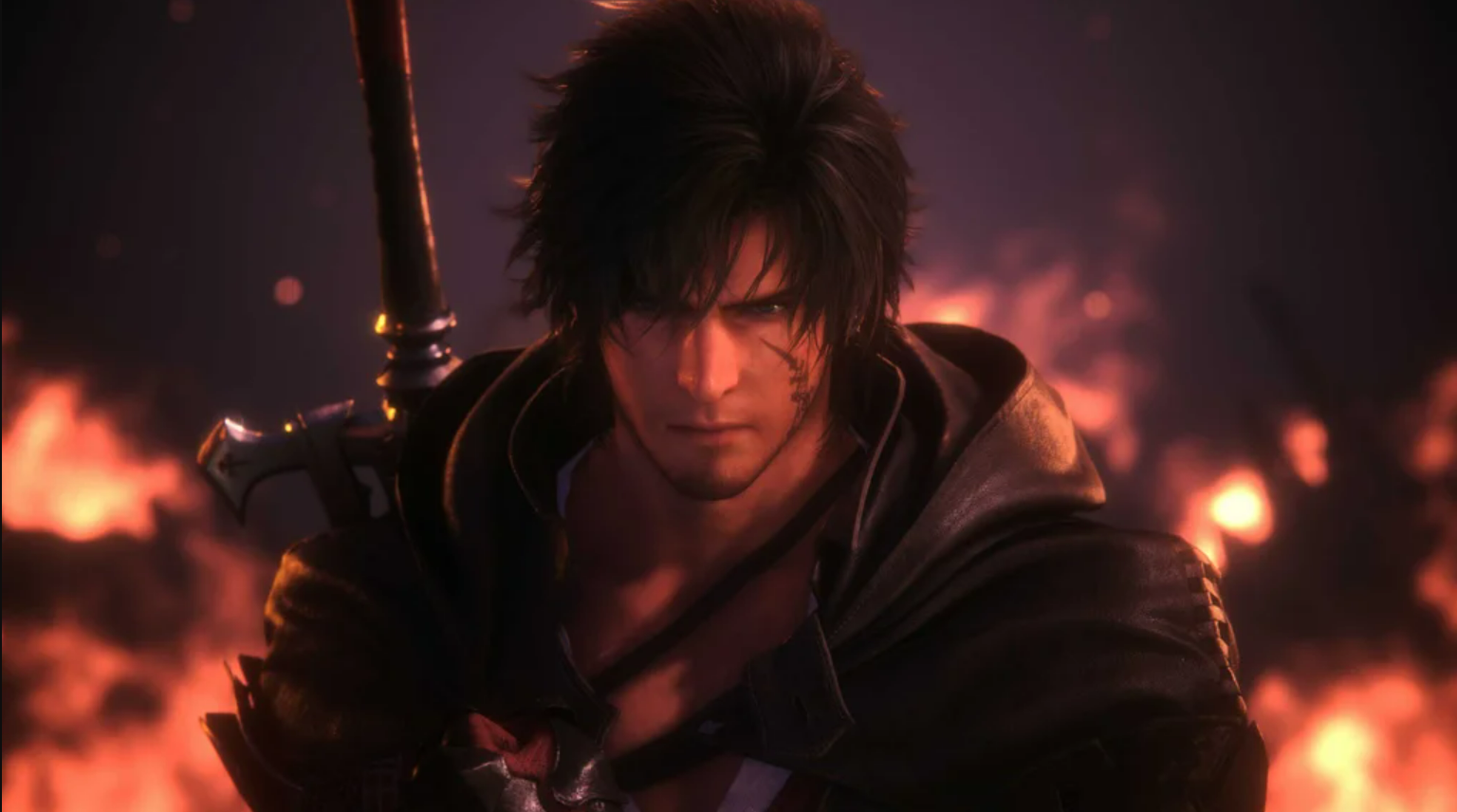Final Fantasy video game set in medieval Europe scorched for 'overwhelming Whiteness'
A video game reviewer slammed the latest installment of a fantasy video game franchise for focusing too much on 'white medieval patriarchies'
'The Five': Rob Schneider's 'woke-free' comedy special premieres on Fox Nation
Actor and comedian Rob Schneider discusses politics and wokeness in America in his new Fox Nation comedy special, 'Woke Up in America.'
The latest Final Fantasy video game is being scorched for not catering to diversity and identity politics.
Final Fantasy XVI is the latest installment of one of the most popular video game series going back to 1987. Despite largely being made by Japanese game developers, many installments of this series, especially in its early days, were influenced by Western European fantasy settings and tropes.
While some more recent Final Fantasy games have leaned toward science-fiction, Final Fantasy XVI is a return to form. But being set in a European medieval fantasy setting does not protect it from woke critique.
Gaming review site Kotaku praised the game as "the best Final Fantasy in ages," but had a major issue with its lack of racial diversity.

A customer plays Final Fantasy XVI, the latest version of the video game franchise Final Fantasy, developed and published by Square Enix, at a PlayStation pop up store in Seoul on June 22, 2023. (ANTHONY WALLACE/AFP via Getty Images)
"If there’s a fault to be had, it’s in [this fantasy setting’s] lack of diversity. Producer Naoki Yoshida told IGN in November 2022 that the design concept always focused on the ‘historical, cultural, political, and anthropological standards’ of medieval Europe," the review said. "In other words, these cultures are mostly different variations on familiar-looking white medieval patriarchies like Transylvania or England and represent only a small corner of this world."
The site added further that while one area "admittedly, is coded as Middle-Eastern," it lamented that others appear "Caucasian," noting, "The core cast therefore becomes overwhelmingly homogenous."
The review appeared to argue that if a world can have magical powers, then it shouldn’t play to racial expectations about European-themed fantasy settings. "A more meaningful approach to diversity does not seem too outlandish in a world where a little blonde boy can transform into a giant bird made of fire," it said.

Screenshot from the official website for Final Fantasy XVI.
‘LITTLE MERMAID’REMAKE CONDEMNED FOR ‘ERASING’ SLAVERY IN THE CARIBBEAN: ‘BORDERLINE DANGEROUS’
Earlier in the piece, the reviewer observed that some characters in the game are born with natural ability to do magic, which makes them viewed warily by society. It was lamented that these characters are White, because this "kind of commentary on real-world systems of oppression is obvious, but at the same time, the overwhelming whiteness of the game’s world does make it feel somewhat detached from any such real-world concerns."
A review published in Eurogamer earlier this month also slammed the game for being "conspicuous for its ethnic homogeneity."
"Leaving aside the fact that there were Black and brown people in medieval Europe, this justification rings hollow given that several locations take open inspiration from north Africa and the Middle East, with towns that, for example, riff on Islamic architectural traditions and attire, but are predominantly or exclusively populated by anglophone white people (I hedge, here, simply because I haven't been around and talked to everybody)," the review said.

Screenshot from Final Fantasy XVI's official website.
The Eurogamer review went on, "I find the deletion of people of colour from these spaces more sinister than the racial stereotypes of older Final Fantasies, particularly in a game that wants to talk about overcoming structural injustice and bringing people together. That ‘togetherness’ is worth fighting for, but it's characterised here by what it excludes."
In November, creators explained why this game would not be that racially diverse, focusing rather on diverse personalities within an isolated medieval European region.
"Ultimately, we felt that while incorporating ethnic diversity into Valisthea was important, an over-incorporation into this single corner of a much larger world could end up causing a violation of those narrative boundaries we originally set for ourselves," producer Naoki Yoshida explained. "The story we are telling is fantasy, yes, but it is also rooted in reality."

Final Fantasy XVI screenshot.
CLICK HERE TO GET THE FOX NEWS APP
He added that "it can be challenging to assign distinctive ethnicities to either antagonist or protagonist without triggering audience preconceptions, inviting unwarranted speculation, and ultimately stoking flames of controversy."
"In the end," Yoshida said, "we simply want the focus to be less on the outward appearance of our characters and more on who they are as people — people who are complex and diverse in their natures, backgrounds, beliefs, personalities, and motivations. People whose stories we can resonate with."
In May, Eurogamer spoke with the creators of this installment of Final Fantasy about how they looked to western influences, such as Lord of the Rings and Game of Thrones, to create their latest game.
"If we want to create something that has that kind of western feel, we have to look to the west for that kind of inspiration. And so things like Game of Thrones are things that we look to, because that type of stuff does not exist where we live in Japan," art director Hiroshi Minagawa said of the influence on the art style.

